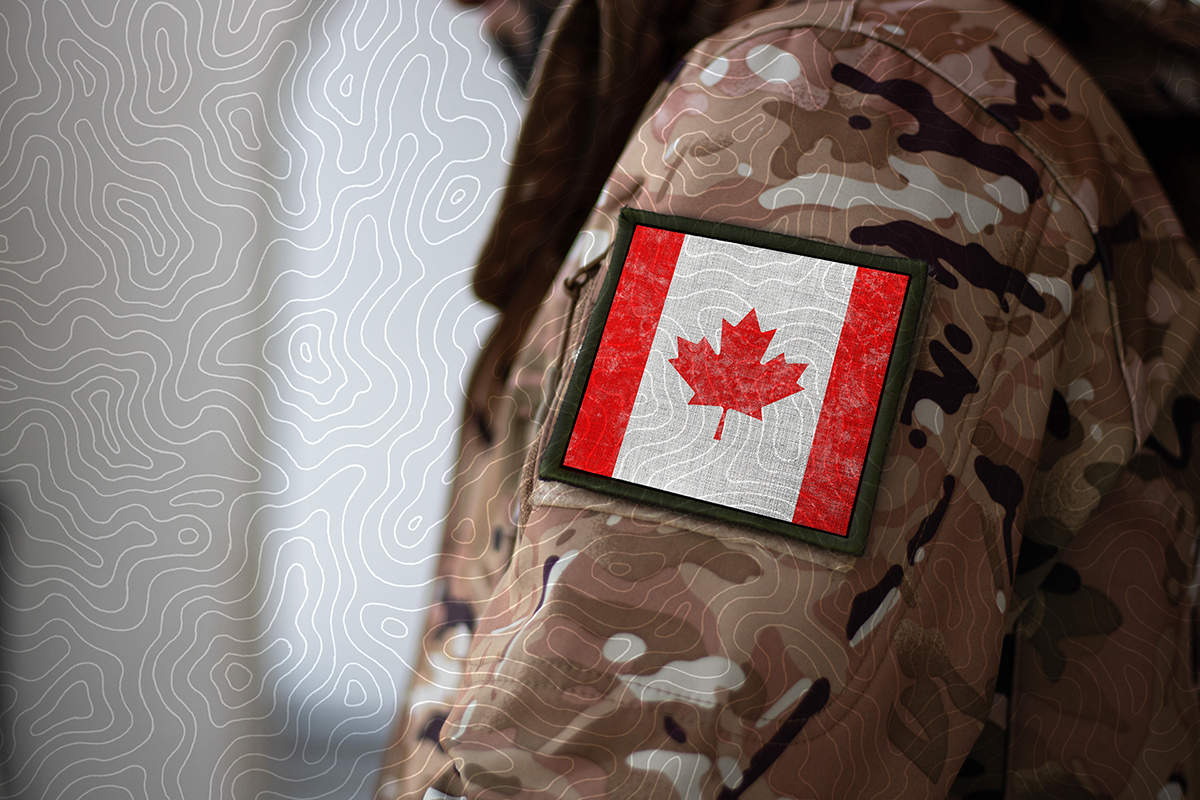Defence Minister Anita Anand announced that every criminal sexual offence within the Canadian military is now being processed by the civilian justice system, with no new cases going through the military courts.
Anand released a statement on Tuesday, explaining that the change follows former Supreme Court Justice Louise Arbour’s recommendation to shift the investigation and prosecution of criminal sexual offences from the military to the civilian justice system.
Earlier in May, the Canadian Armed Forces reported that, as of May 8, 2023, out of 190 cases reported to military police, 93 have been referred to federal, provincial, and municipal police services. From these referrals, 64 cases were accepted, and 29 were declined.
The military explained that several factors led to 97 cases not being referred, including allegations abroad, situations where the victim did not wish to continue with a police investigation, and cases where the victim preferred a military police investigation. “For instance, out of the cases not referred, 20 were where the victim chose a military police investigation,” said the military.
In February 2021, Global News initiated coverage of allegations of sexual misconduct against high-ranking military officials, which ignited a nationwide deep dive and what experts dubbed a “crisis” for the Canadian Forces.
In response to this reporting, Arbour was commissioned to conduct an independent review to improve the military’s culture. Her preliminary recommendation in the fall of 2021 was to transition all cases to the civilian system.
Arbour presented her comprehensive report in May 2022, offering a stinging critique of a “defective system” misaligned with Canadian societal values and posing a “risk” to the nation. She recommended significant reforms, particularly in the military academies training future leaders. The Defence Minister revealed on Tuesday that the members of a review board examining the academies would be announced shortly.
“We have also put in place screening measures during recruitment phases, including revised interview questions, tattoo checks, and the use of enrollment release procedures,” Anand mentioned about the military’s adjusted screening process.
Earlier this month, external monitor Jocelyne Therrien published her initial report on the military’s reaction to Arbour’s recommendations, observing that while advancements have been made, there is still no overarching strategic plan to overhaul its culture.
Therrien indicated that necessary actions aligning with many of Arbour’s 48 suggestions had been initiated within the military, but an all-encompassing plan is required to ensure the changes are made effectively and promptly.
The military face recruitment challenges as the existing culture deters potential recruits, a separate external review warned last spring.
Nevertheless, the government and military officials pointed to the progress achieved, which Anand reiterated in her statement on Tuesday.
“Over the past year, we’ve made strides, and we continue to work towards this mission daily diligently,” she stated. “Progress is essential and attainable.”
In a period of heightened scrutiny, the Canadian military has been making significant strides to address systemic issues within its ranks. With Anita Anand leading the charge as Defence Minister, the hope is that changes made will not only provide justice for victims of sexual misconduct but will also serve as a deterrent for future cases. While much has been achieved, the journey to real and lasting reform is still ongoing. As Anand said, “Progress is necessary and achievable,” with continued determination, Canada’s military could set a benchmark for dealing with such severe issues in the future.







